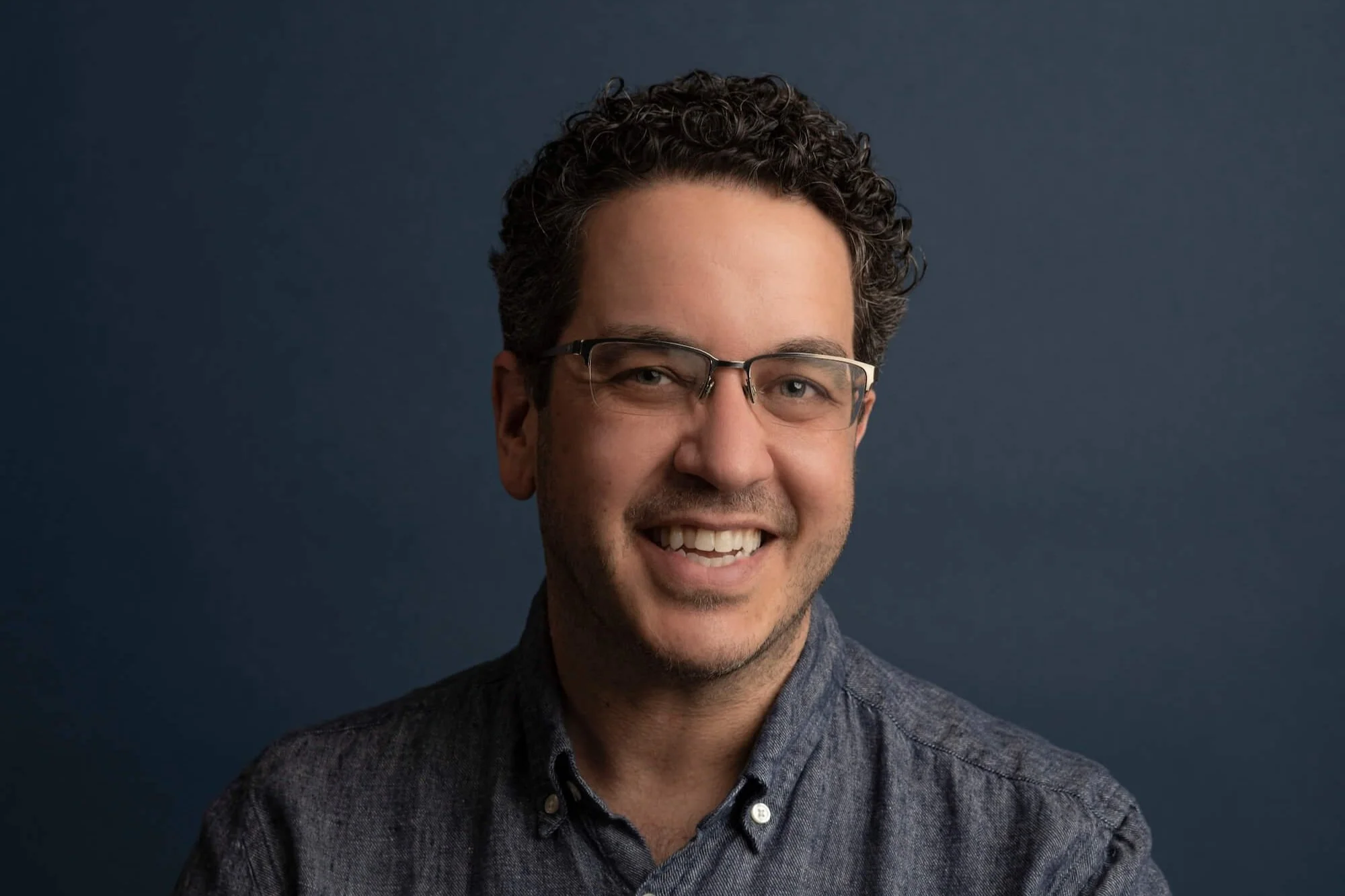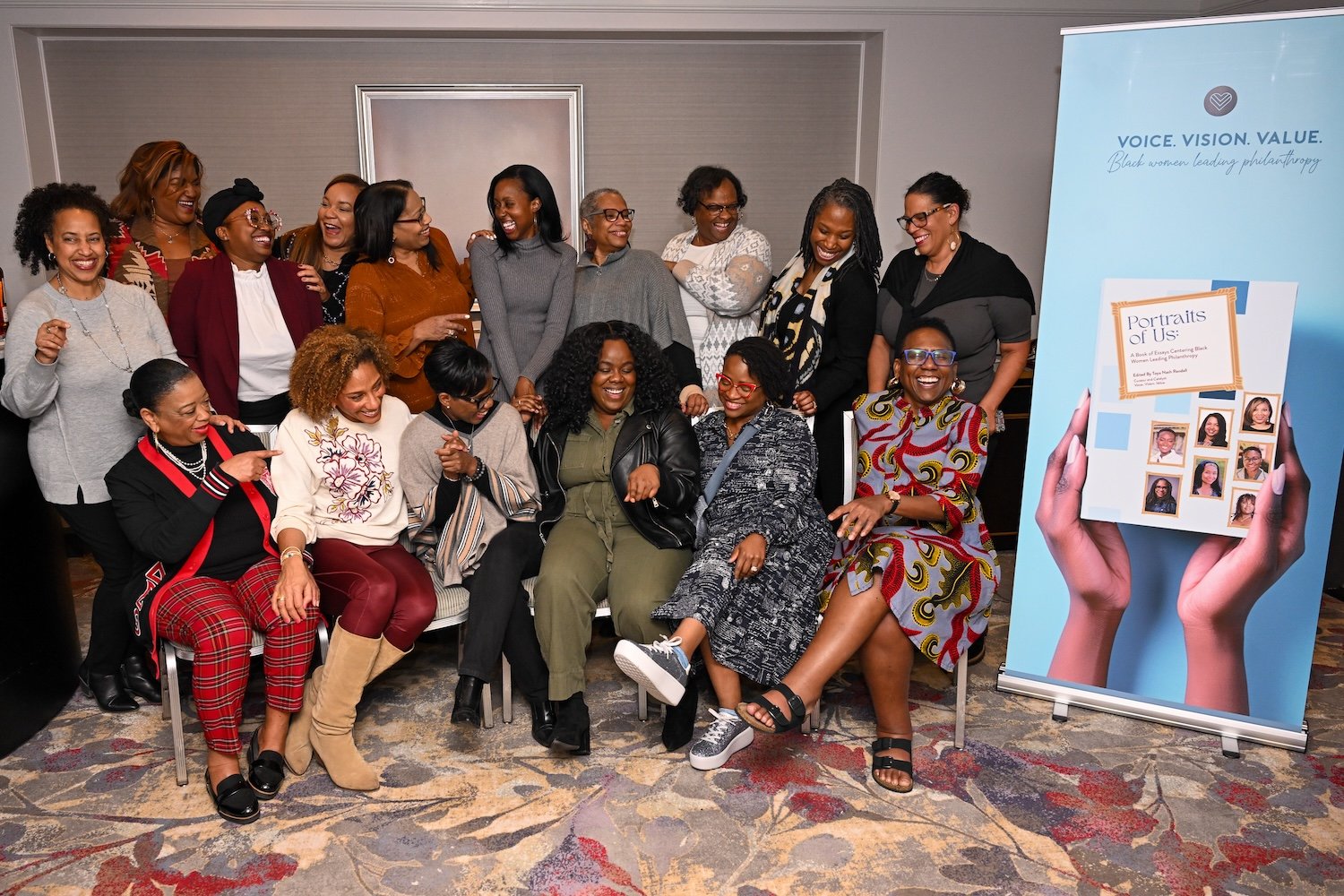“Nothing is Standard About What We’re Doing." A New Fund Aims to Boost Racial Equity Training
/aerogondo/shutterstock
Borealis Philanthropy, the progressive grantmaking intermediary founded in 2014, is announcing today the first round of $1.2 million in grants for its Racial Equity to Accelerate Change (REACH) Fund. Eight organizations providing racial equity training to a wide range of nonprofits across the nation will receive $150,000 each to build their own capacity, increase the number of nonprofits they work with, and begin to share their knowledge and experiences with fellow providers to reduce competitiveness and develop a more collaborative field.
In an unusual move, Borealis is looking to the grantees to help define what the new REACH Fund is all about.
“This initiative doesn’t have a theory of change. We want to co-create that theory of change with the cohort itself,” says Maya Thornell-Sandifor, co-director of racial equity initiatives for Borealis Philanthropy. “Nothing is standard about what we’re doing. We are simultaneously building the capacity of the racial equity training field and creating a feedback loop to educate the donors themselves about what the field needs.”
The germination of the REACH Fund was sown in donors’ conversations with their grantees about the barriers they faced attempting to do racial equity work on their own. Over the past decade, and especially in the last five years, more and more grantmakers have been encouraging their grantees to apply a racial equity lens to their work. Thornell-Sandifor says, “The fund’s founding donors were hearing from many of their grantees that they wanted to do deeper racial equity work, but didn’t have the skills internally to do it, that they felt they were reinventing the wheel in their efforts to do it themselves. There was a gap between grantees’ interest in doing racial equity work and their skills and ability to get started.”
The creators of the REACH Fund believe that nurturing the field of racial equity trainers will produce more racial equity work in the nonprofit sector generally—which, in turn, they hope will help nonprofits play a larger role in addressing the root causes of racial disparities in U.S. society.
“We are investing in practitioners who have a body of work around racial equity so they can develop and scale promising tools and strategies to nonprofit organizations committed to transforming their institutions,” said Marissa Tirona, program officer for building institutions and networks at the Ford Foundation, one of the fund donors. “Long-term support for practitioners like these and this field is one of the best ways to advance racial equity in the nonprofit sector.”
It’s a bit of a Field of Dreams approach to racial equity: If you build the capacity of the consultants, the nonprofits will come. But key funders believe that hunch will prove correct. Other contributors to the fund include the Barr Foundation, the Bush Foundation, the David and Lucile Packard Foundation, the Evelyn and Walter Haas, Jr. Fund, the Grove Foundation, the Heising-Simons Foundation, the James Irvine Foundation, the Meyer Memorial Trust, the NoVo Foundation, the Robert Sterling Clark Foundation, and the S.D. Bechtel, Jr. Foundation.
The REACH Fund is just the latest of Borealis Philanthropy’s many initiatives on racial equity. Last November, it launched the Racial Equity in Philanthropy Fund to advance racial equity and promote diversity within the philanthropic and nonprofit sectors at the time it made its first round of $14 million in grants.
The REACH Fund is very much about “gap filling,” Thornell-Sandifor says. “Because there currently isn’t exactly a ‘field’ or supportive network of racial equity trainers, one objective of this initiative is to identify, across the eight providers and future grantees, what they hear from their nonprofit clients are the common barriers to making progress on racial equity, what works, what are useful tools, practices and concepts for particular types of nonprofits, and then try to codify that learning.”
This is, in many ways, a classic capacity-building approach, but instead of nonprofits, the locus is the nascent community of racial equity trainers.
“Learning and cooperation is a critical need in the racial equity field and a priority of this fund,” said Lucy Mayo, Senior Vice President of Organizational Development at Demos, who serves on the REACH Fund’s Advisory Committee. “Practitioners will have opportunities to be exposed to diverse methodologies, to skill-build with each other, and to engage in deeper inquiry as a group about how to be bold, innovative and more sustainable in their work.”
In its application to the fund, one of the grantees noted, “The current structure of providing consulting and technical assistance around racial equity is set up to pit us against each other as competitors instead of collaborators toward our shared goal, and to judge our different approaches as right or wrong rather than complimentary or contextually suited. Greater knowledge about each other could enable a new mode of operation in which we see ourselves as autonomous, yet aligned, contributors to a common vision for transformational change.”
The form that the initiative’s group learning and information sharing will take is still very much in question. According to Thornell-Sandifor, the eight grantees will meet next week to hash out how often to meet over the next year and how to share information. Borealis and the donors to the fund aim to be entirely non-prescriptive, she said.
The eight providers are located mostly on the coasts, but, says Thornell-Sandifor, aim to work with nonprofits all over America, including in the South and Midwest. The grantees are Anti-Oppression Resource and Training Alliance (no headquarters and team dispersed across several cities), Bari Katz, Inc. & Authentic Seeds (NYC), Center for Urban and Racial Equity (D.C.), Compass Point Nonprofit Services (Oakland, California), Crossroads Antiracism Organizing and Training (Matteson, Illinois), Change Elemental (D.C.), OpenSource Leadership Strategies (Durham, North Carolina), and Western States Center (Portland, Oregon).
“There are admittedly geographic gaps,” says Thornell-Sandifor. “With limited funding, we needed to start with solid practitioners with consulting depth. We wanted to fund more consultants based in the South, Midwest, and other geographic areas that are critical for racial equity work, but many of the consultants that applied from those areas were focused more on ‘diversity work’ and not broader racial equity thinking that applies concepts of power, liberation and intersectionality.” She says that the REACH Fund has donor commitments to ensure a second round of grants this time next year, and they hope ongoing conversations with additional funders will produce enough funds for not just third and fourth rounds, but expansion to a greater number of consultants across a wider geographic range.
Borealis Philanthropies leaders say that this fund is contextualized within the history of both racial equity work in philanthropy and capacity-building supported by the sector—but is new territory entirely. “Much of the racial equity consulting philanthropy has supported in the past has been specific to a certain sub-sector, such as helping environmental justice organizations to rethink their work applying a racial equity lens, or the reproductive rights movement,” says Thornell-Sandifor. “Both the environmental field and the reproductive rights fields were heavily white in both leadership and mission orientation, so it made sense that there were early efforts to have organizations in those fields apply a racial equity lens. This initiative is much broader than any specific field. The eight racial equity consulting grantees in this first cohort are working with a wide variety of nonprofit organizations, some in social justice advocacy work and some in direct services, and working across topics such as education, faith-based organizations, LGBTQ, health providers, and movement-building organizations.” While philanthropy has invested in all sorts of capacity-building across the nonprofit sector, the REACH Fund is really focused on organizational transformation specifically around racial equity, she says.
That’s a big ambition. How will the fund assess its success? “We’re not thinking in those traditional philanthropic terms,” Thornell-Sandifor says, “We’re looking to the grantees to pose the questions and search for answers.”







































